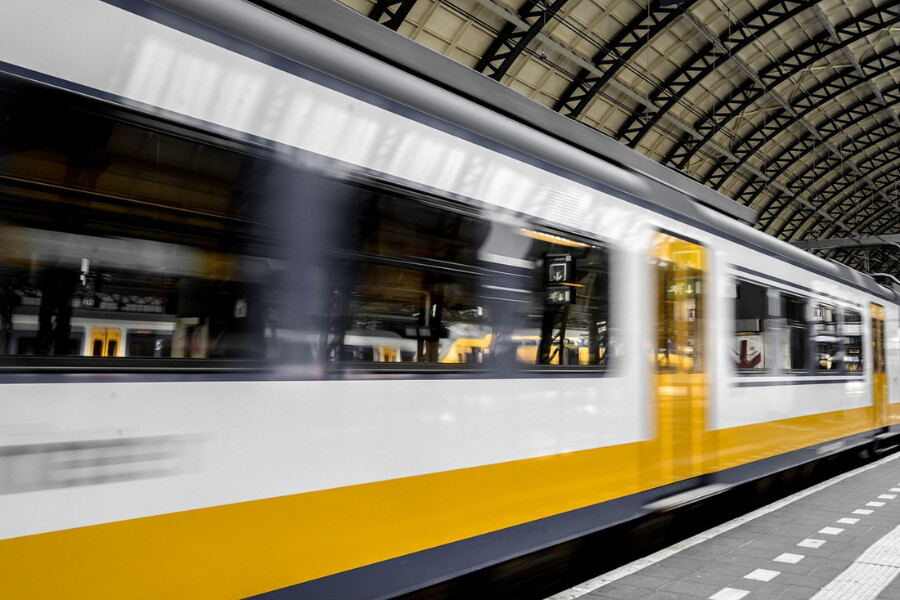IMDEA Energía researchers evaluate an innovative approach to reduce the environmental impact of trains using recycled carbon fibre
In a world increasingly committed to mitigating climate change, transport plays a crucial role in the search for sustainable solutions. A recent study led by IMDEA Energía (Systems Analysis Unit), Innovation Tree (iTree) and Talgo has analysed the environmental viability of train parts made from recycled materials, providing promising results in improving the environmental performance of railways.
Rail, one of the most sustainable modes of transport according to the International Energy Agency, faces the challenge of further reducing its environmental footprint. This study addresses a key issue: reducing the weight of trains to reduce their energy consumption and/or increase their carrying capacity in terms of mass and passengers.
So far, few studies have applied life cycle analysis (LCA) to assess the suitability of lightweight materials. Fewer still consider the use of recycled materials, an approach that promotes the circular economy and long-term sustainability.
In this context, the project has evaluated train parts made from recycled carbon fibre.



